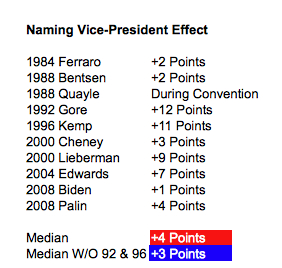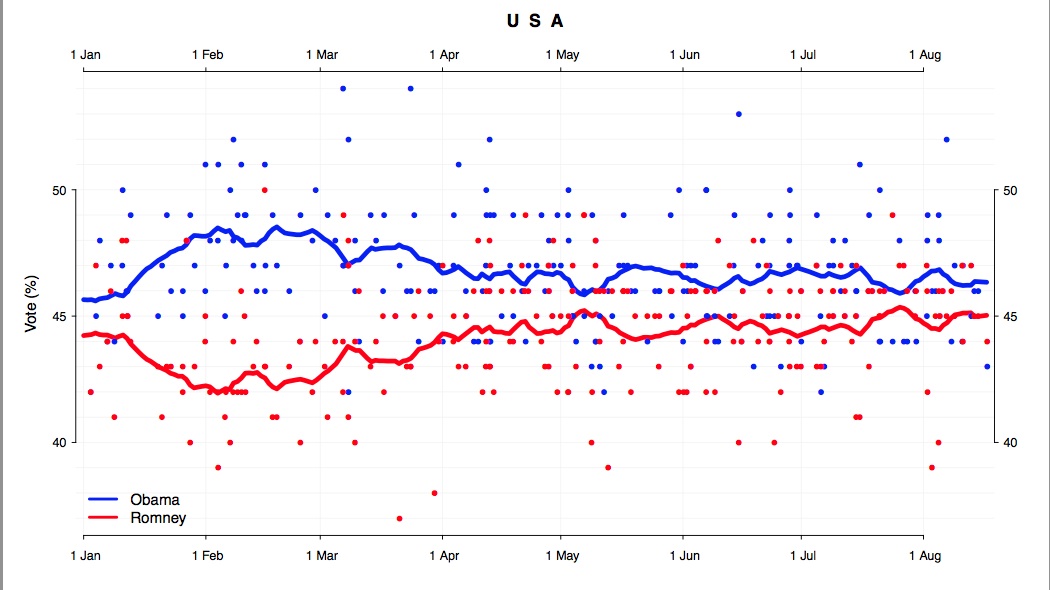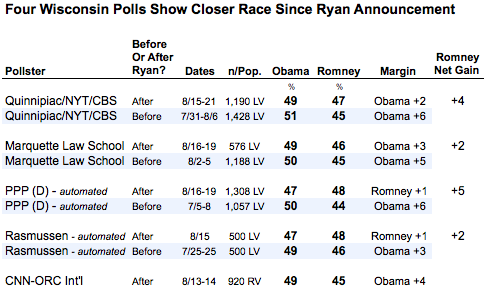I know. I know. “Where have you been?!” I appreciate the email inquiries. The short answer is I’ve been trapped in my office, fending off an onslaught of students. Such is the life of a departmental chair at a nationally-ranked liberal arts college. There’s been other distractions as well associated with the start of the semester (teaching a new election class!), and with giving election-year talks. So that’s my excuse for the scarcity of posts. I’ll try to do better now as academic-related activities begin to slow.
Meanwhile, in my blogging absence, the presidential campaign has, apparently, all but ended, with Romney suffering an ignominious defeat. Or so the pundits tell me. Evidently, Mitt’s political “death” was precipitated by several causes. First there was the disastrous Republican convention, lowlighted by Clint Eastwood talking to a chair. That was followed by the brilliantly orchestrated Democratic Convention, highlighted by the Big Dog’s mesmerizing recitation of his…er….Obama’s accomplishments. Then Romney dug himself a deeper hole by seeming to politicize Libyan Ambassador Chris Steven’s death through some ill-timed remarks. Romney dumped the final shovelful on his own political grave by accusing 47% of voters – many of them presumably his own supporters – of suffering from an “entitlement ethos” that makes them overly dependent on government programs.
That last “devastating” gaffe was enough to convince several pundits (see here and here) that Romney had “lost the election.” Forgive me if I’m not persuaded, and why I think you should not be either. Not surprisingly, of course, the pundits who are certifying that the campaign is over are all Obama supporters. More importantly, however, is that the polling data, while indicating that Obama may have gained a couple of percentage points over Romney compared to the pre-convention polls, still show this as a tight race. The latest Pollster.com aggregate poll has Obama up by 3%, at 48.1%-45.1.%. On the day before the Republican convention, Obama led by 1.4% in their composite poll. At RealClearPolitics, Obama leads by 3.9%, 48.6%-44.7%. He was up by 1.4% there before the conventions. So there is evidence that the cumulative polling impact of the “devastating” period (for Romney) has cost him about 1.6%-2.5% in the polls. That’s not insignificant, particularly in a tight race, but I don’t see this as proof of Romney’s demise either.
In assessing the claims that we have just witnessed a turning point in the campaign, I suggest keeping several factors in mind. First, neither candidate got a huge convention boost as measured by historical standards although my read of the polls is that the net polling advantage in convention bumps went to Obama. Already, however, we see signs that some of that initial Democratic convention bump has dissipated.
Second , as John Sides argues, the shelf-life of presidential candidates’ rhetorical gaffes is surprisingly short. Here’s John’s chart showing just how little previous rhetorical gaffes, such as Obama’s “You didn’t build that” remark, have actually moved the polling needle. Romney may have gained a percentage point or two due to Obama’s statements, but it’s hard to say that permanently changed the race, particularly since Romney’s support dipped down again shortly after.

As I’ve discussed previously, these remarks tend not to have much impact largely because they are filtered through voters’ preexisting ideological beliefs. For this reason, I doubt Mitt’s 47% comment is the game changer that partisan pundits predict/hope it will be. Remember, campaigns tend not to change votes so much as they activate latent predispositions among voters. Yes, it’s possible this time will be different, and that Mitt’s remarks really are a turning point. But in the absence of evidence indicating why this time should be different, forgive me if I don’t take the partisan pundits’ words for it.
Already, the talking heads are debating just how bad a candidate Mitt is. But, while he may not be the most well-liked guy, it is not clear to me that he is underperforming the economic fundamentals by all that much, if at all, based on current polls. Much depends, of course, on which forecast model you believe. As I’ve discussed in several previous posts, more than one forecast model has Obama winning this race by a very close margin. Taken as a whole, as I’ll discuss in a future post, the forecast models see this race as a toss-up. And that’s not far from where the aggregate polling has it right now. Remember, whenever a candidate appears to be losing, media pundits invariably point to failures in candidate strategy and/or in the candidates’ perceived personal shortcomings. But that doesn’t mean that assessment is right. And I don’t think it is right this time either.





